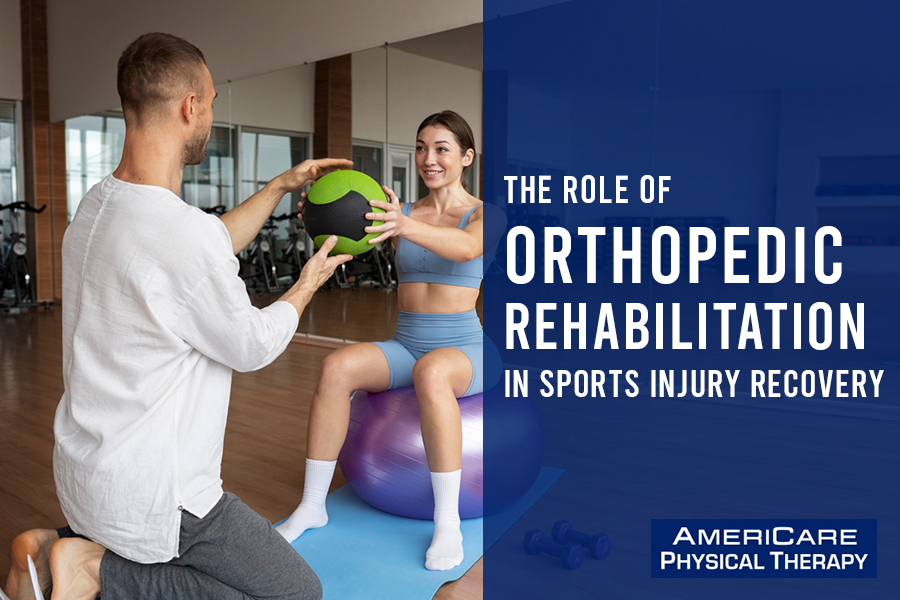
Sports injuries are an unfortunate reality for athletes of all levels, from recreational enthusiasts to professional competitors. Whether it's a sprained ankle, torn ligament, or stress fracture, these injuries can sideline athletes, disrupt training regimens, and jeopardize their athletic careers. However, with the right approach to rehabilitation, athletes can effectively recover from sports injuries and return to their chosen sports stronger, more resilient, and better equipped to prevent future injuries. Orthopedic rehabilitation plays a pivotal role in this process, providing specialized care tailored to the unique demands of sports-related injuries.
In the realm of sports injury recovery, timing is of the essence. Orthopedic rehabilitation begins with a comprehensive assessment to accurately diagnose the extent of the injury and identify any underlying factors that may have contributed to its occurrence. Orthopedic specialists work closely with athletes to conduct thorough evaluations, which may include imaging studies, range of motion assessments, and functional movement tests. This early intervention allows for the development of targeted rehabilitation protocols that address the specific needs of the athlete and expedite the recovery process.
No two athletes or injuries are exactly alike, which is why orthopedic rehabilitation emphasizes the importance of individualized treatment plans. Orthopedic specialists take into account factors such as the athlete's sport, position, training history, and personal goals when designing rehabilitation programs. These programs typically incorporate a combination of therapeutic exercises, manual therapy techniques, modalities like ultrasound or electrical stimulation, and functional training to address muscle imbalances, restore joint stability, and improve overall athletic performance.
Orthopedic rehabilitation follows a phased approach that gradually progresses from initial injury management to functional restoration and return to sport. Each phase is carefully tailored to the athlete's specific needs and guided by objective markers of progress, such as pain levels, range of motion, strength, and functional performance. As the athlete advances through the rehabilitation process, orthopedic specialists collaborate with coaches, trainers, and other members of the sports medicine team to develop comprehensive return-to-sport protocols that ensure a safe and successful transition back to athletic activity.
In addition to facilitating recovery from sports injuries, orthopedic rehabilitation plays a crucial role in injury prevention and performance enhancement. Orthopedic specialists work with athletes to identify and address biomechanical imbalances, movement deficiencies, and other risk factors that may predispose them to injury. By implementing targeted exercises, corrective techniques, and preventive strategies, orthopedic rehabilitation helps athletes optimize their athletic performance while reducing the likelihood of future injuries.
Recovering from a sports injury can take a toll not only on the body but also on the mind. Orthopedic rehabilitation recognizes the importance of addressing the psychological aspects of injury recovery, providing athletes with the support and resources they need to cope with the emotional challenges of rehabilitation. Orthopedic specialists offer guidance, encouragement, and motivational strategies to help athletes stay focused, maintain a positive mindset, and navigate the ups and downs of the recovery process.
Orthopedic rehabilitation plays a critical role in sports injury recovery, providing athletes with the specialized care and support they need to overcome injuries, regain function, and return to their chosen sports safely and confidently.